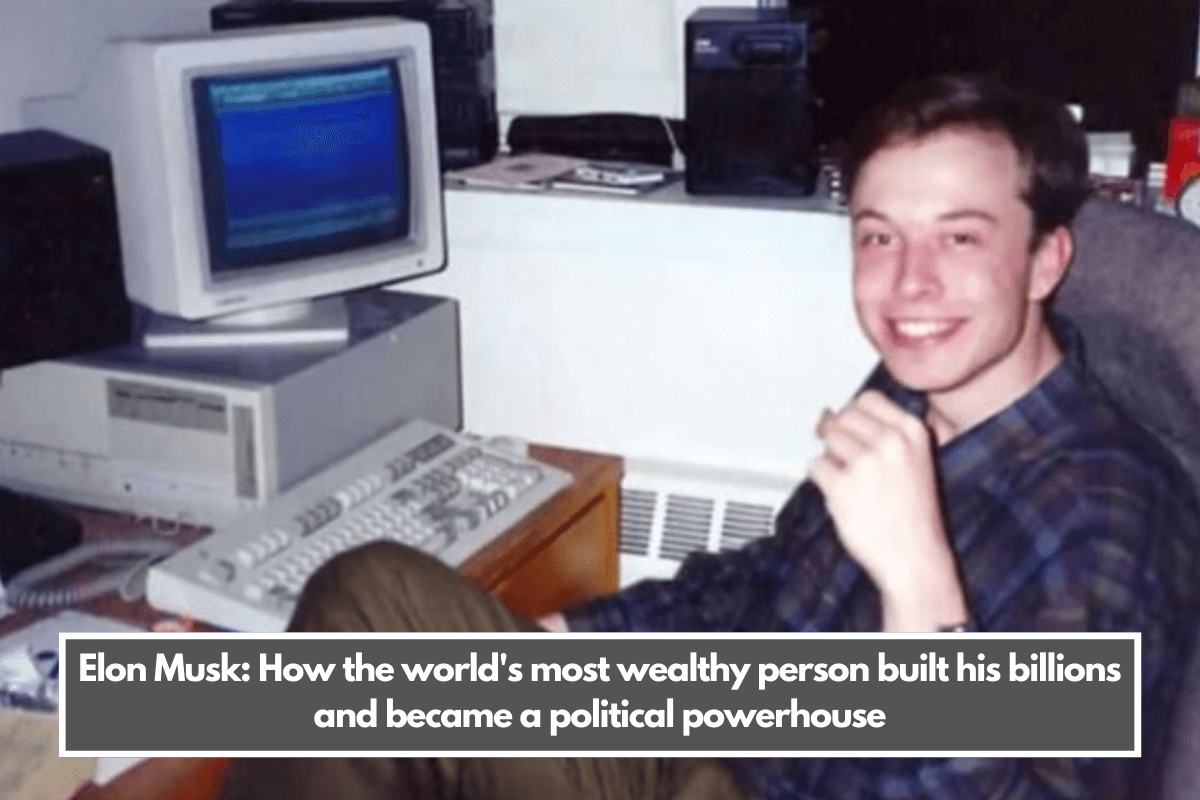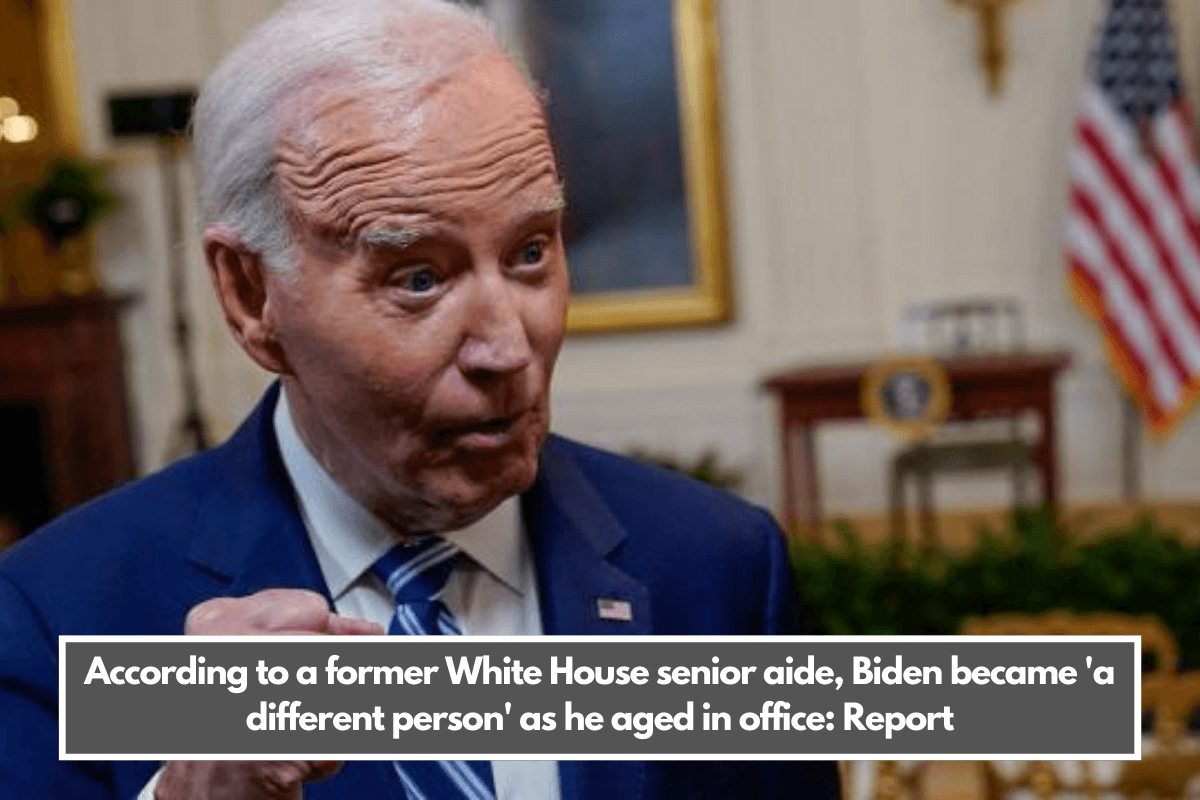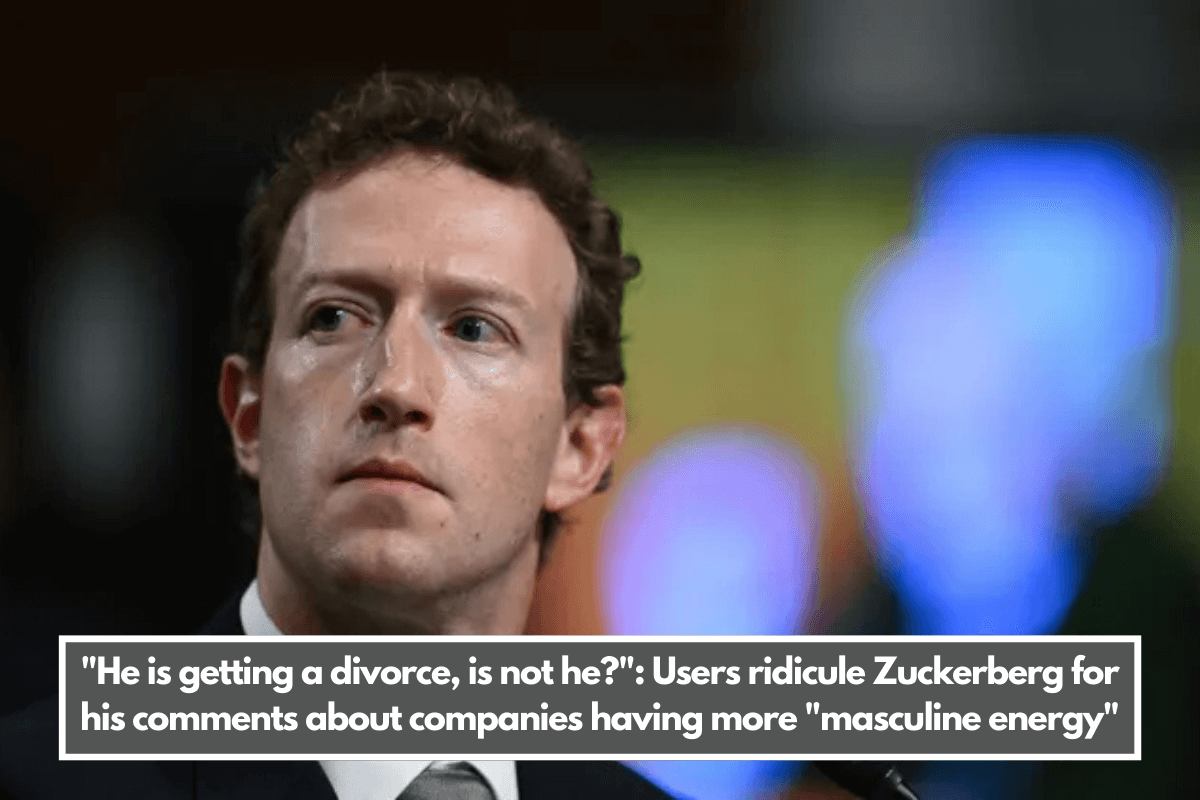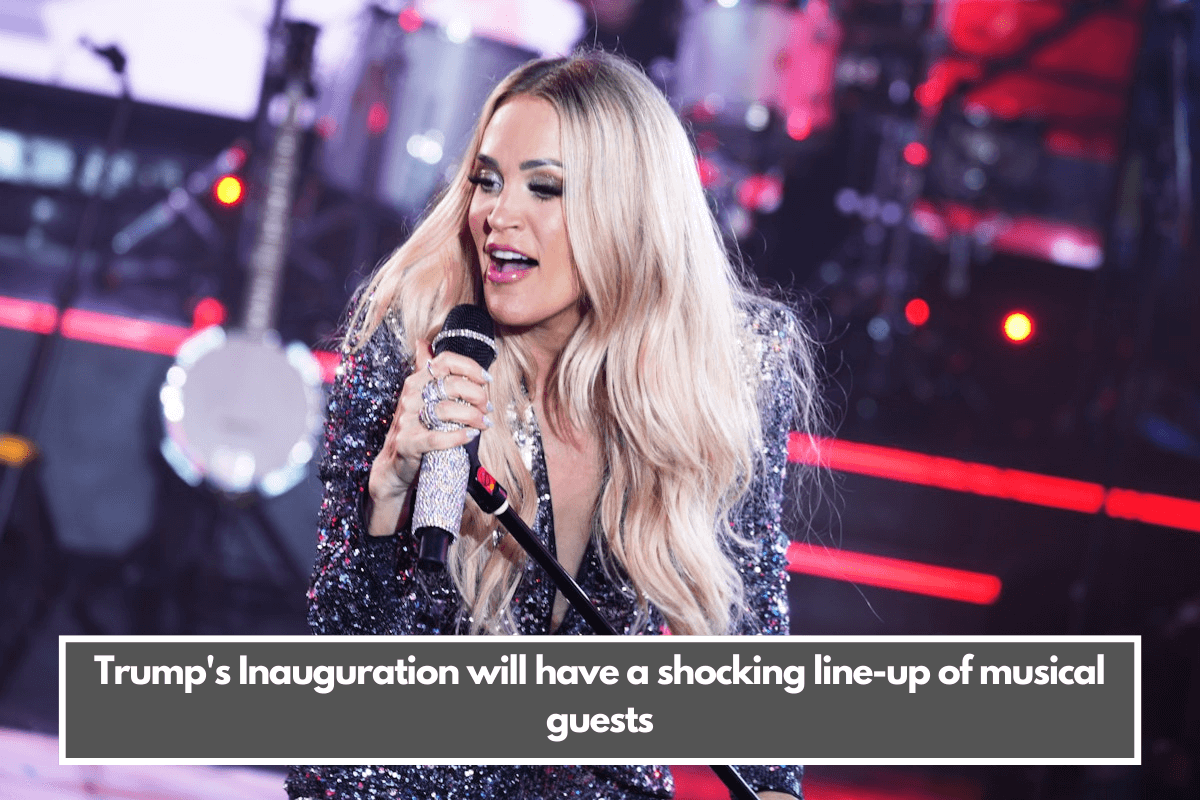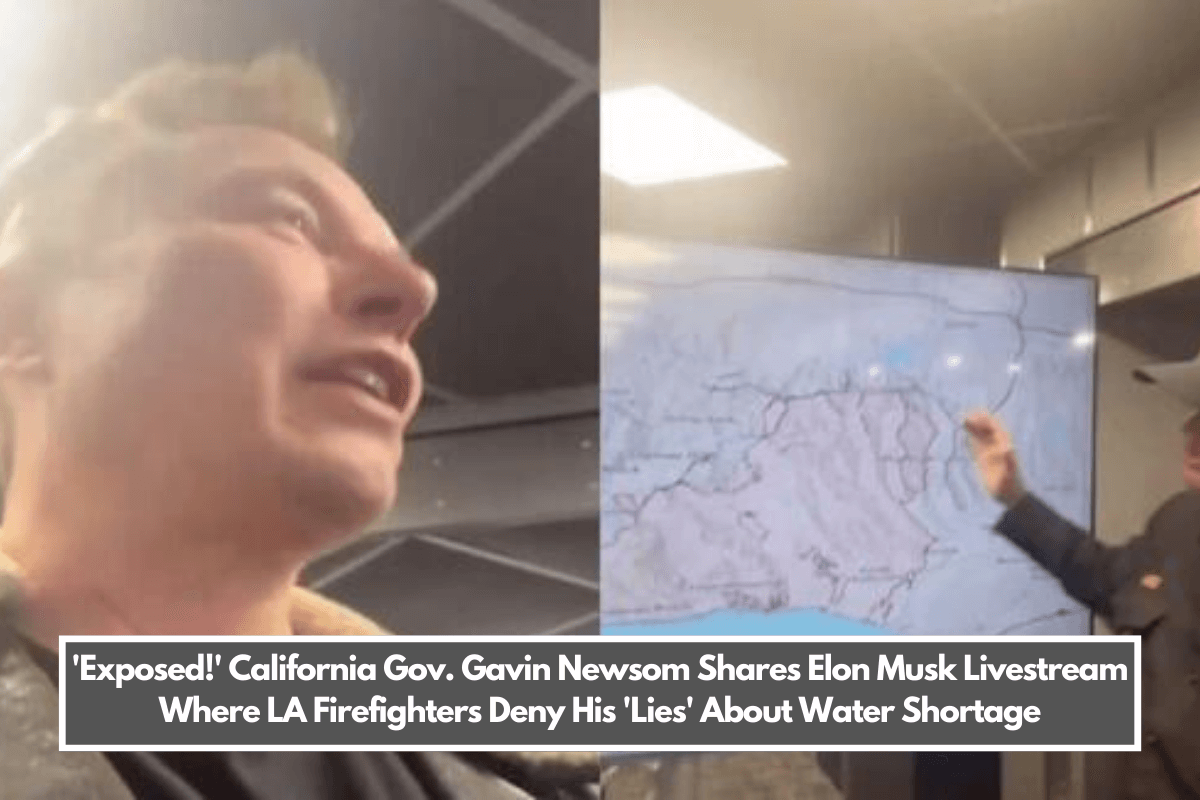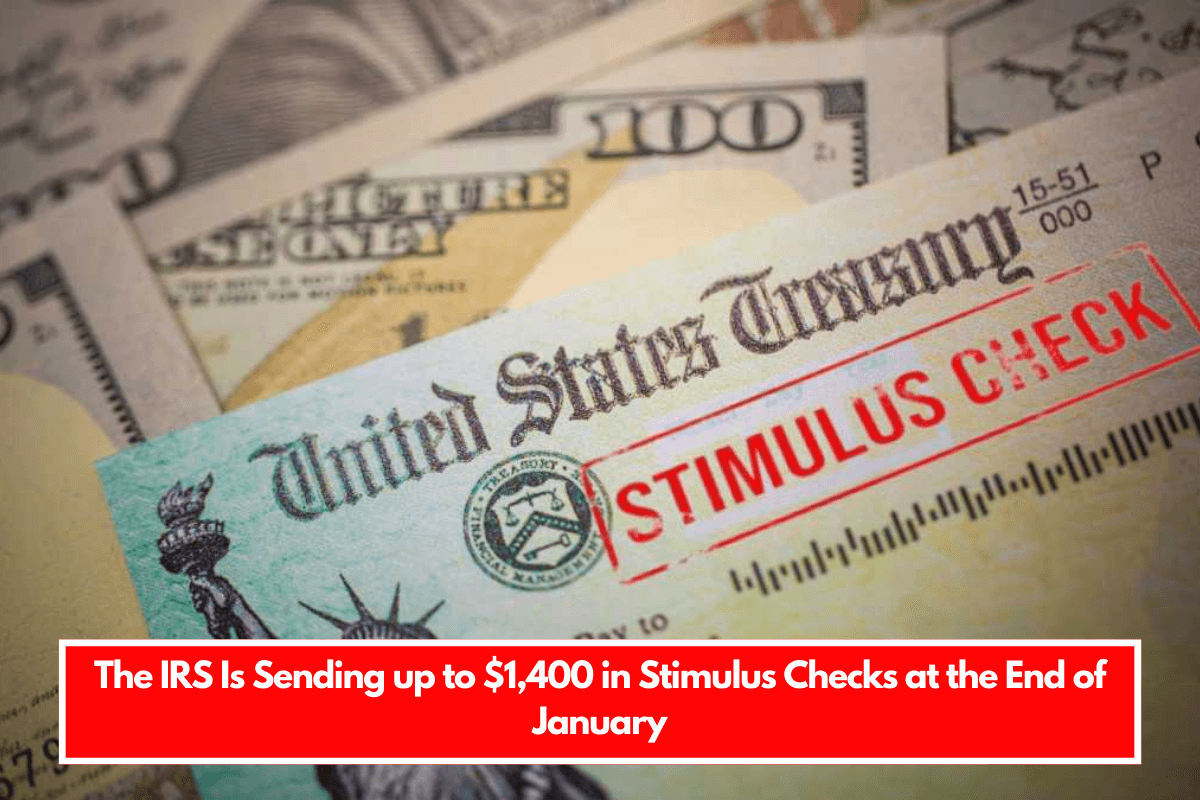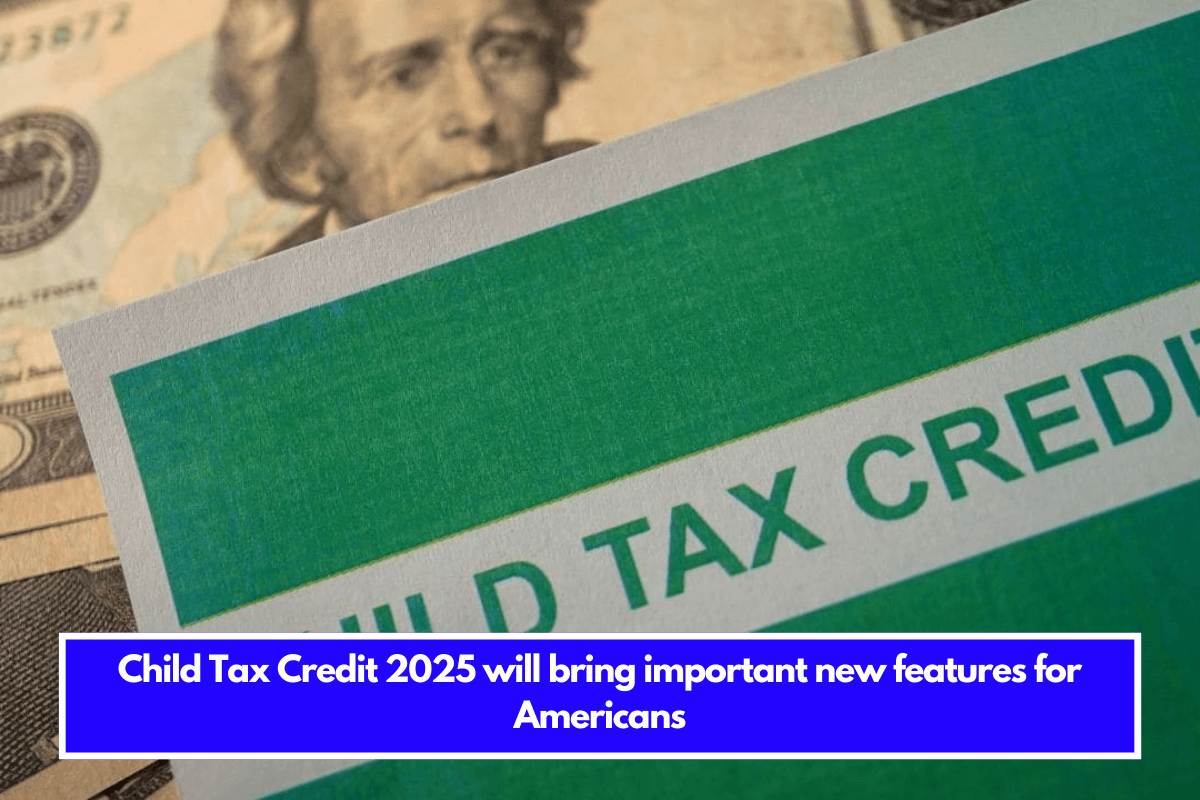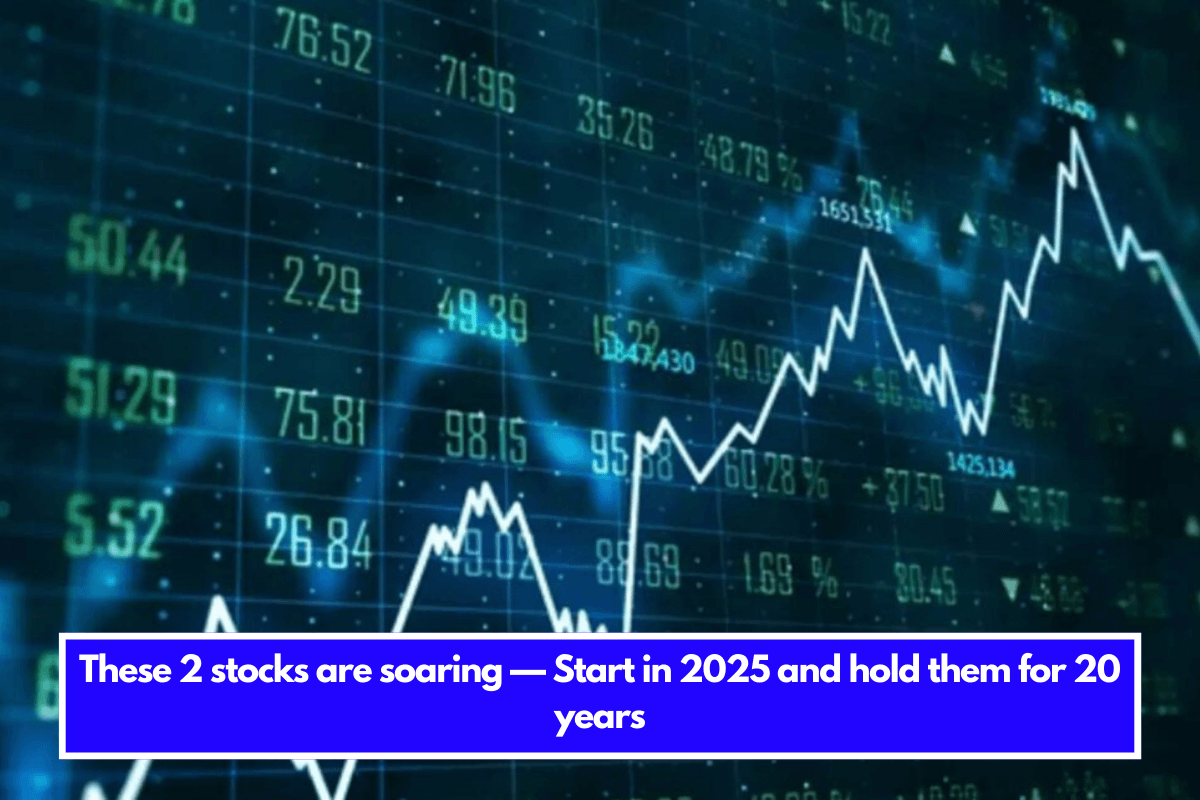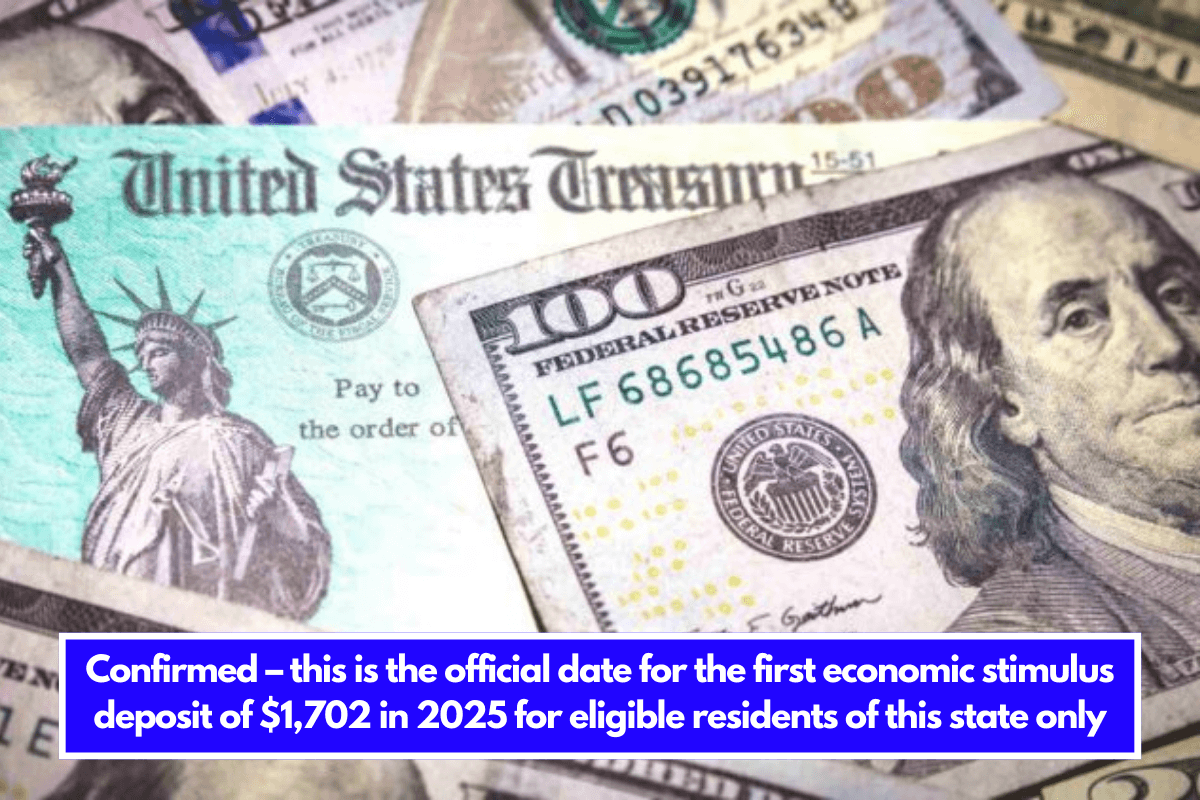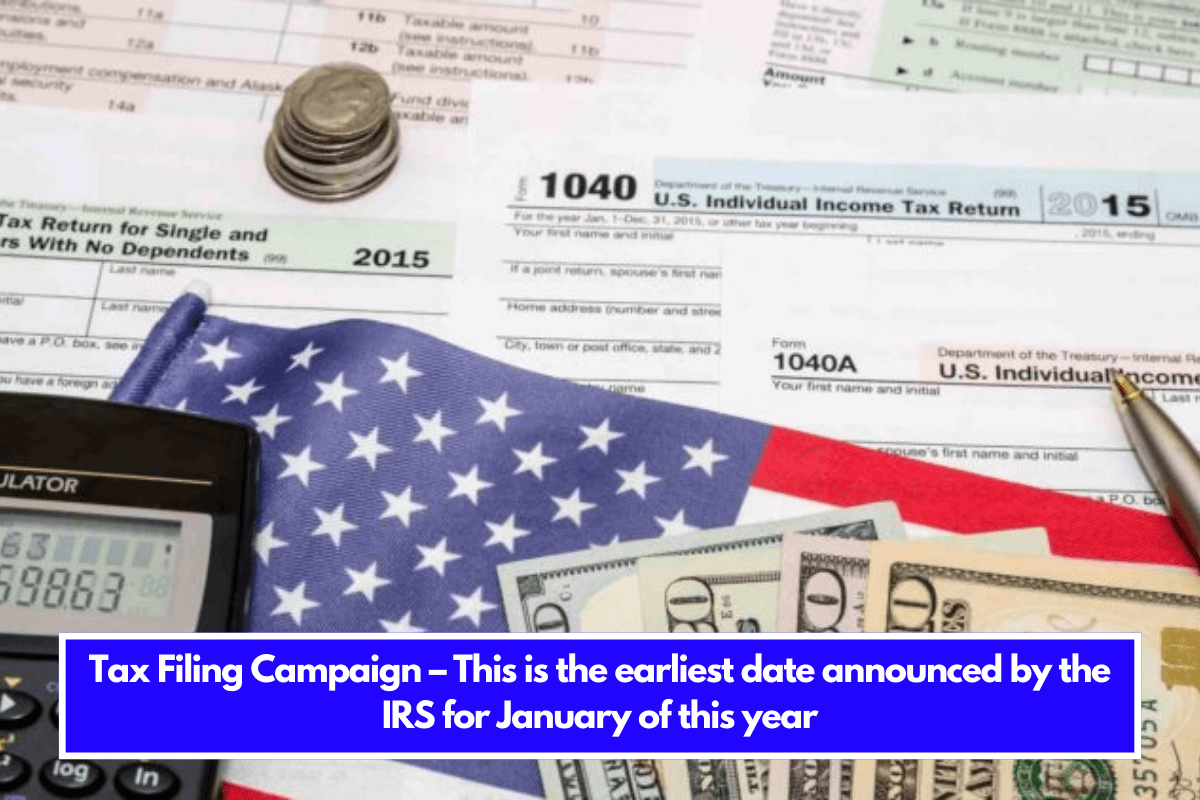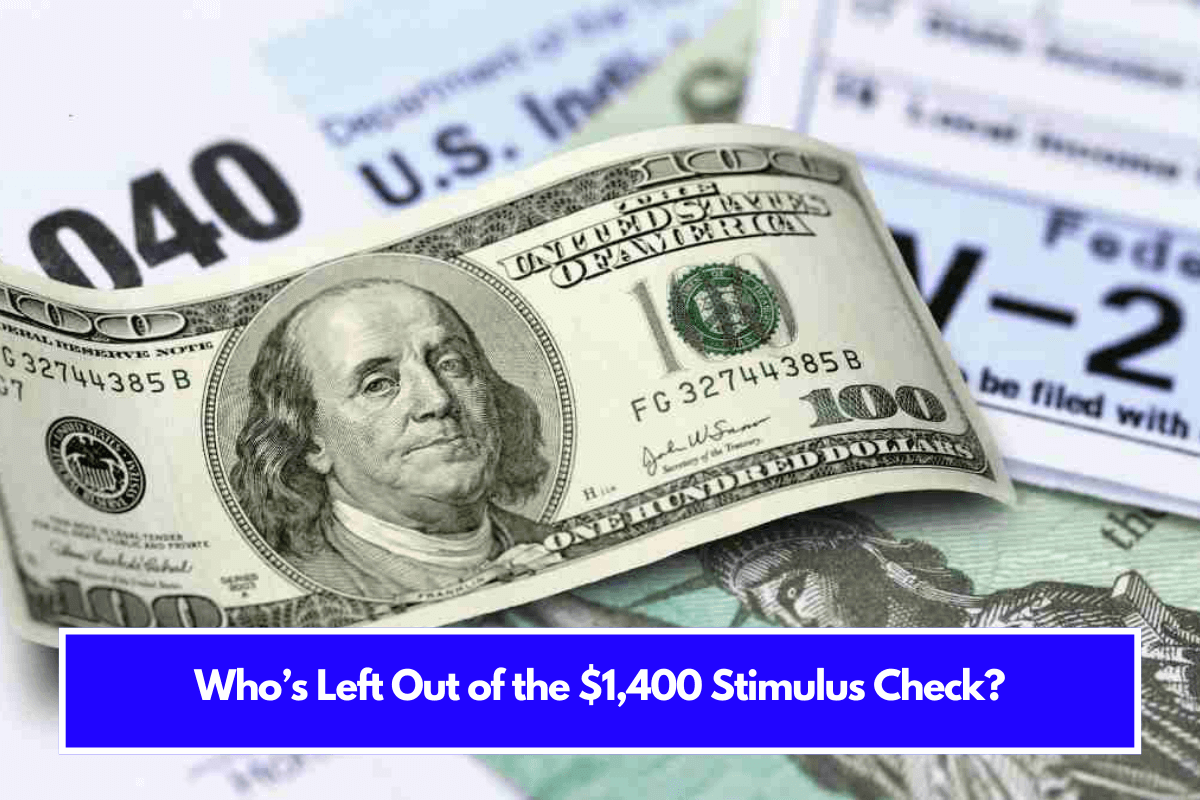In today’s news cycle, there is rarely a day (or night) that goes by without Elon Musk making headlines. The world’s richest man, with a net worth of $425 billion and counting, is addicted to posting controversial tweets, primarily on his own social media platform, X — formerly known as Twitter.
His companies dominate everything from electric vehicle production to space exploration; he has a bromance with the next US President; and he appears to be intent on disrupting the political systems of other countries.
Musk has attacked the UK government online in the first few weeks of 2025, calling for the imprisonment of Prime Minister Keir Starmer and his safeguarding minister, Jess Philips.
According to the Financial Times, the billionaire has been considering ways to remove Starmer before the next election. He has taken potshots at Canada’s outgoing Prime Minister, Justin Trudeau.
He has expressed financial support for the political party Reform UK, but he appears to have switched his allegiance from current leader Nigel Farage to imprisoned far-right activist Tommy Robinson.
On the other side of the Channel, he has been busy campaigning for the leader of the far-right Alternative for Germany (AfD) party, hosting a live interview with her on X.
World leaders are not pleased. French President Emmanuel Macron accused Musk of “directly intervening” in European elections. Norwegian Prime Minister Jonas Gahr Støre has also expressed concern.
“I find it worrying that a man with enormous access to social media and huge economic resources involves himself so directly in the internal affairs of other countries,” he said.
Musk is not the first industrial billionaire to try his hand at influencing politics, but his extreme wealth and anti-regulatory ambitions make the nineteenth-century robber barons look like amateurs.
Why limit your ambition to establishing a railway monopoly and lobbying the government when you can aim to colonize another planet and influence politicians all over the world?
The billionaire’s foray into political trolling and attempted kingmaking is a relatively recent development. Until recently, he seemed more concerned with expanding his vast business empire of space rockets, satellites, and brain implants.
Musk’s biographer described him as a “man-child” who lacks empathy but has a maniacal desire for success at all costs, sleeping at work and demanding that employees sacrifice any semblance of a work-life balance.
Musk, who appears impervious to scandal and has a voracious appetite for risk, has emerged as one of the world’s most powerful figures. But who is he, really?
Early years
Musk was born into a wealthy family in Pretoria, South Africa, in 1971, and was raised by his father since the age of nine after his parents divorced.
Despite persistent rumors that Elon’s father, Errol, owned an emerald mine, Musk Sr. was actually an emerald dealer who acquired the output rights to three mines in Zambia but never owned them.
Musk’s childhood was unpleasant, according to his biographer Walter Isaacson, with intense physical bullying at school and stints at wilderness survival camps that he described as being like a “paramilitary Lord of the Flies”. Errol, 79, is an avowed pro-natalist (like his son) and has at least seven known biological children, including two with Elon’s step-sister, who is 40 years his junior.
Musk is estranged from his father. Errol has challenged his son’s account of his upbringing, telling the Daily Mail, “Everything he is, he owes to me.”
Musk applied for a Canadian passport after school (his mother, Maye, a model and dietitian with over 1.5 million Instagram followers, was born there) and relocated there in 1989, allowing him to avoid apartheid-era South Africa’s mandatory military conscription.
He worked odd jobs on a farm and at a lumber mill before attending university in Ontario. Two years later, he was able to transfer to the University of Pennsylvania, an Ivy League school in the United States, where he earned degrees in physics and economics.
Entrepreneurial success
Musk was accepted into a graduate program at Stanford University but, like most tech entrepreneurs, dropped out in 1995 to start his first company, Zip2, which licensed digital city guides to newspapers. Zip2 was sold in 1999 for $307 million (£250 million), with Musk receiving a 7 percent stake worth $22 million (£17.8 million).
Despite Musk’s current anti-immigrant stance, a 2024 Washington Post investigation suggests that he may have worked in the United States without the proper visa during this time.
Musk invested some of the proceeds from the sale of Zip2 in his next venture, X.com (Musk adores the letter, which he named one of his children and renamed Twitter after purchasing it), an online banking and e-mail payment service.
Musk merged X.com with Confinity, a company co-founded by fellow tech entrepreneur and political activist Peter Thiel (current net worth $15.4 billion), which operated its own online money transfer service, PayPal.
Musk was initially appointed CEO of Confinity, and Thiel resigned due to a disagreement over which software to use, but the board fired Musk and reinstated Theil as CEO. Musk kept his shares in the company, which was renamed PayPal, and received $176 million from its $1.5 billion acquisition from eBay in 2002.
While their early business relationship may have been strained, Theil has recently praised Musk for paving the way for other tech investors to support Donald Trump, as well as crediting his former partner with an uncanny appetite for risk. “You should never bet against Elon,” remarked Thiel.
Reaching for the stars
Musk’s next venture was SpaceX (again, he adores the letter X), a rocket company he founded in 2002 with $100 million of his own money. Musk had developed an interest in space exploration, particularly the opportunity to colonize Earth’s nearest planet.
He’d traveled to Moscow in search of a refurbished intercontinental missile that he could repurpose to send mice to Mars (yes, really), but he was put off by the prices the Russians quoted him. Instead, he chose to build his own.
Despite failed launches and a close call with bankruptcy, SpaceX is now valued at $350 billion and has contracts with NASA. When the International Space Station (ISS) retires in 2030, it will be removed from orbit using SpaceX technology. Its subsidiary, Starlink, operates a constellation of nearly 7,000 low-orbit satellites that provide internet access.
However, the success of the second space age has come at a high cost to humanity. Reuters’ investigation uncovered 600 previously undocumented workplace injuries at SpaceX sites, including crushed and amputated limbs and, in one tragic case, death.
And it’s not the only issue that could reduce Musk’s market share. Blue Origin, led by Jeff Bezos, was scheduled to launch its space rocket New Glenn this morning, posing a challenge to SpaceX’s Falcon 9. The launch, however, was cancelled due to a’vehicle subsystem issue’.
Space rockets aren’t Musk’s only large-scale transportation project. Musk met Martin Eberhard and Marc Tarpenning, founders of a company dedicated to making electric cars a luxury item, at a meeting of the Mars Society, a nonprofit dedicated to Mars colonization.
Musk joined Tesla’s board of directors and became a majority shareholder in the company in 2004. However, by 2007, Musk had replaced Eberhard, and Tarpenning resigned shortly after.
Following the boardroom coup, Musk assumed the role of founder and proceeded with a ruthless work ethic. He boasted about sleeping on the factory floor at various points during Model 3 production.
Bright ideas, no bright colours
Tesla overcame numerous scandals to become an electric car behemoth. A 2017 Guardian investigation looked into allegations from female engineers that they were being harassed at Tesla factories, with one woman referring to a factory area as the “predator zone”.
Allegations of workplace injuries being downplayed surfaced in the Bay Area nonprofit RevealNews.org, which also claimed Musk dislikes the color yellow so much that safety markings on the factory floor were painted grey.
Tesla denied the allegations, but a more recent SpaceX report claimed that previous supervisors had banned brightly coloured safety clothing and repainted machinery from industrial safety yellow to grey or blue.
Tesla is currently valued at more than $1 trillion, making it one of the world’s top ten most valuable companies.
A one-man baby boom
Musk, a father of twelve, is now rarely seen without his son, X, perched on his shoulders. The billionaire, like his estranged father, is a pro-natalist, which means he believes that white, wealthy people have a duty to have as many children as possible.
“One of the biggest risks to civilisation is the low birth rate and rapidly declining birthrate,” Musk once told the Wall Street Journal’s CEO Council.
Musk had six children with his first wife, Justine Musk, whom he met as students at Queen’s University in Ontario. “I was not the only woman he pursued, but even after he transferred to Wharton, he kept sending roses,” Justine wrote in her tell-all article for Marie Claire.
The couple got married in 2000. Tragically, their first child, Nevada Alexander, died at the age of 10 weeks due to Sudden Infant Death Syndrome (SIDs).
They had five more children through IVF, including twins Griffan and Vivian, triplets Kai, Saxon, and Damian, before divorcing in 2008. Vivian, who is transgender, is now estranged from her father due to his anti-trans views.
That same year, Musk proposed to actress Talulah Riley. They married in the Scottish Highlands in 2010, divorced in 2012, and married again the following year. Their second divorce was finalized in 2013, and Riley married actor Thomas Brodie-Sangster last year.
Musk went on to have an on-and-off relationship with Amber Heard, an actress. “Elon and I had a beautiful relationship, and we have a beautiful friendship now, one that was based on our core values,” Heard told People magazine in 2018.
However, Tortoise Media reported last year that Musk used a private investigator to spy on Amber with drones while she was filming in Australia.
Musk began dating musician Claire Boucher, aka Grimes, in 2018, after meeting her on Twitter. In 2020, they welcomed their first child, X Æ A-12 (or simply X).
Although the couple appeared to have split afterward, Grimes revealed in a shocking interview with Vanity Fair in 2021 that they had another child, Exa “Y” Dark Siderael, through a surrogacy. Techno Mechanicus, the couple’s third child, was born via surrogate in 2022. They are currently in custody battle over their three children.
Musk fathered twins named Strider and Azure a few weeks before their daughter was born. Shivon Zilis, an employee at his company Neuralink, conceived the children using IVF. “Doing my best to help the underpopulation crisis,” Musk wrote on Twitter following the twins’ birth.
“A collapsing birth rate is the biggest danger civilization faces by far.” Musk and Zilis welcomed another child via IVF in June 2024, but did not reveal the name or gender.
Last year, there were rumors that Musk purchased a $35 million compound in Austin, Texas, to house all of his children under the age of 18, but Musk has denied the reports. According to the New York Times, the billionaire has also allegedly offered “his own sperm to friends and acquaintances”.
Brain implants and pipe dreams
Musk’s primary businesses may be electric cars and space exploration, but he also has a number of other innovative ventures. In 2016, he founded Neuralink with his own $100 million.
The startup aims to integrate artificial intelligence into the human brain via implanted devices. The project was dubbed “neuroscience theater” by MIT, and monkey trials were marred by allegations of animal cruelty and staff complaints that Musk’s tight deadlines had resulted in botched experiments.
In 2022, a federal investigation into animal welfare was launched following the deaths of 1,500 monkeys, pigs, and sheep during experiments.
The following year, the Food and Drug Administration approved a six-year human trial for Neuralink, and Musk claimed in early 2024 that the first human patient to have the chip implanted in his brain could use it to play chess.
Musk founded The Boring Company in 2017 with the goal of reducing traffic congestion by building looping transportation tunnels beneath major cities. So far, the company has completed a 1.7-mile tunnel beneath the Las Vegas Convention Center and a 1.14-mile tunnel within Las Vegas. The Boring Company is currently valued at $7 billion.
The posts heard around the world
The billionaire’s most recent business venture was a $44 billion acquisition of Twitter in 2022. Musk immediately reduced staff by 80 percent, restructured the company, and renamed it X.
His profile has 211.6 million followers as of publication, and the BBC estimates that he posts on the platform once every 15 minutes when awake. According to the Economist, he used to post 50 times per week on average before purchasing the website.
He now writes upwards of 220 weekly posts, with an increasingly political – and antagonistic – tone.
The long-term consequences of the world’s richest man publicly targeting politicians remain to be seen, but Musk’s obsession with engagement and increasingly right-wing politics has been hailed by many as a threat to democracy itself. So far, only Brazil has had the audacity to (temporarily) block X in retaliation for Musk.

